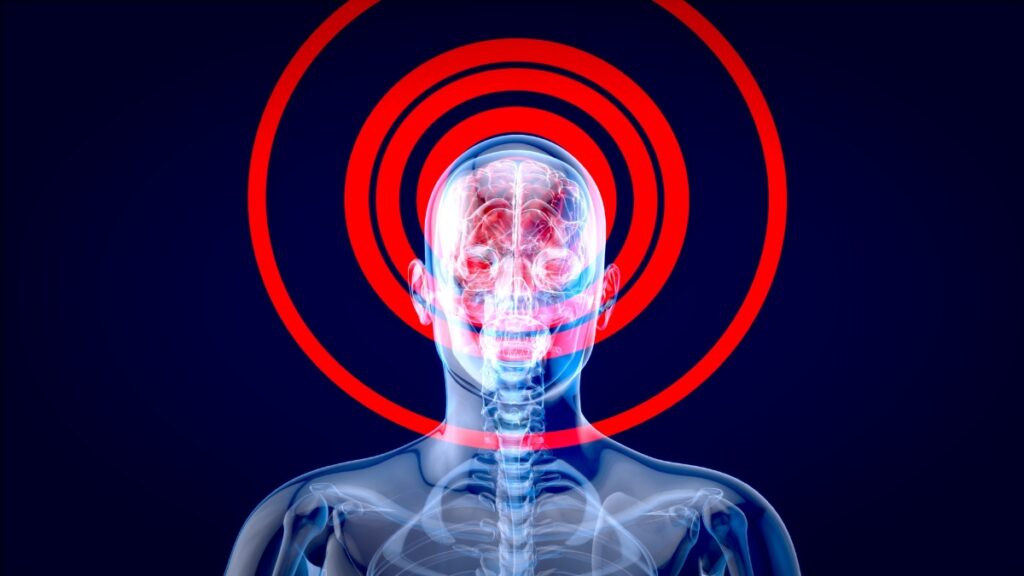What is hypnosis used for? Hypnosis, often shrouded in mystery and misconception, is a fascinating topic that has piqued the curiosity of many. But what exactly is hypnosis and how is it used? In this blog post, we will unravel the secrets behind hypnosis, exploring its numerous applications and benefits.
Also Read: What Is Hypnosis in Psychology?
Join us as we delve into the transformative world of hypnosis and discover its potential to bring about positive changes in various aspects of our lives.
What Is Hypnosis Used For in Short?

Hypnosis is used for various purposes, including managing pain, reducing anxiety or stress, enhancing performance, promoting relaxation, improving sleep, overcoming phobias, changing habits or behaviors, and supporting personal development or self-improvement.
Demystifying Hypnosis
Understanding Hypnosis: The Basics
Hypnosis is a state of focused attention and heightened suggestibility, where individuals are more receptive to suggestions. Contrary to popular belief, hypnosis is not a form of mind control, but rather a collaborative process between the hypnotist and the person being hypnotized.
Dispelling Common Myths and Misconceptions
Many misconceptions surround hypnosis, including the idea that individuals lose control or are forced to do things against their will. In reality, hypnosis requires consent and cooperation, and individuals can reject any suggestion that goes against their values or beliefs.
Clinical Uses of Hypnosis
Harnessing the Power of the Mind: Hypnosis in Medicine and Therapy
Hypnosis is employed in medical and therapeutic settings to alleviate pain, manage anxiety, and help individuals overcome a range of challenges. From reducing the discomfort associated with medical procedures to supporting addiction recovery, hypnosis can be an effective complement to conventional treatments.
Pain Management: How Hypnosis Can Offer Relief
Hypnosis has shown promising results in managing chronic pain conditions like migraines, fibromyalgia, and arthritis. By guiding individuals into a deeply relaxed state, hypnosis helps them redirect their focus away from pain signals, reducing discomfort and improving their overall well-being.
Overcoming Mental Health Challenges: Hypnotherapy as a Complementary Treatment
Hypnotherapy is increasingly used alongside conventional therapy approaches to address anxiety, depression, phobias, and other mental health conditions. By accessing the subconscious mind, hypnosis can help individuals identify and confront underlying issues, facilitating emotional healing and personal growth.
Breaking Bad Habits: Using Hypnosis for Addiction Recovery
Hypnosis can aid in breaking the cycle of addiction by accessing the subconscious mind, where patterns of behavior are deeply ingrained. Through suggestions and guided visualization, hypnotherapy can help individuals develop healthier habits, manage cravings, and reinforce their commitment to recovery.
Improving Mental Well-being
Empower Your Mind: Enhancing Self-Confidence and Self-Esteem with Hypnosis
Hypnosis can effectively boost self-confidence and self-esteem by helping individuals overcome limiting beliefs and negative self-talk. Through positive suggestions and imagery, individuals can reprogram their subconscious mind, fostering a greater sense of empowerment and self-worth.
Tackling Stress and Anxiety: Hypnotic Relaxation Techniques for a Peaceful Mind
Hypnosis offers techniques for deep relaxation and stress reduction, helping individuals find relief from anxiety and tension. By inducing a state of calm and tranquility, hypnosis allows the mind to be open to positive suggestions, facilitating a more balanced and serene state of being.
Unleashing Creativity: How Hypnosis Can Boost Imagination and Innovation
Hypnosis can be a powerful tool for creative individuals seeking to enhance their imaginative abilities. By tapping into the subconscious mind, hypnosis can stimulate creativity, remove mental blocks, and inspire fresh ideas, opening new doors for innovation and self-expression.
Personal Growth and Development
Uncovering Hidden Potential: Hypnosis as a Tool for Personal and Professional Success
Hypnosis can unleash untapped potential by removing self-imposed limitations and instilling a mindset of success. Through guided visualization and positive affirmations, hypnotherapy can help individuals access their inner resources, develop new skills, and achieve their goals.
Embark on a Journey of Self-Discovery: Using Hypnosis for Past-Life Regression
For those fascinated by the concept of past lives, hypnosis offers a way to explore and gain deeper insights into one’s soul journey. Past-life regression can facilitate healing and personal growth by accessing memories and experiences from previous lifetimes, potentially offering valuable lessons and wisdom.
Weight Management: Supporting Healthy Lifestyle Changes through Hypnosis
Hypnosis can be a valuable tool in weight management by addressing the underlying psychological factors that contribute to weight gain or overeating. By reprogramming the subconscious mind with healthier habits and beliefs, hypnotherapy can support individuals on their weight loss journey.
Enhancing Performance and Skills
Amplifying Athletic Abilities: Maximizing Sports Performance with Hypnosis
Hypnosis can enhance athletic performance by improving focus, concentration, and confidence. Through imagery and visualization, athletes can mentally rehearse their desired outcomes, enhance muscle memory, and tap into their full potential during competitions.
Public Speaking Confidence: Overcoming Stage Fright through Hypnotherapy
Public speaking anxiety can hinder professional growth and personal development. Hypnotherapy can help individuals conquer stage fright by reducing anxiety, boosting confidence, and reframing negative beliefs associated with public speaking, allowing them to deliver presentations with ease and poise.
Boosting Academic Success: Utilizing Hypnosis for Improved Concentration and Memory
Hypnosis can optimize learning abilities by improving concentration, memory, and information retention. By accessing the subconscious mind, hypnosis can help students overcome exam anxiety, enhance focus, and cultivate a positive mindset towards academic success.
Hypnosis for Better Sleep
Sweet Dreams: Using Hypnosis to Improve Sleep Quality and Quantity
Hypnosis offers relaxation techniques that can promote better sleep by quieting the mind and reducing bedtime anxieties. Through soothing guided imagery and calming suggestions, hypnosis can help individuals achieve a deep and restful sleep, waking up refreshed and revitalized.
Effective Sleep Techniques: Guided Hypnotic Relaxation for Insomnia Relief
For those struggling with insomnia, hypnosis can provide valuable tools to overcome sleep difficulties. By redirecting the mind and body towards relaxation, hypnotherapy can alleviate insomnia symptoms and facilitate a peaceful night’s sleep.
Conclusion
What is hypnosis used for? Hypnosis is a powerful tool that holds immense potential when harnessed correctly. From medical treatment to personal growth, this ancient practice offers countless benefits for those willing to explore its vast possibilities.
Whether you seek relief from pain, improvement in mental well-being, or enhancement of skills, hypnosis emerges as a versatile solution in our modern world. Expand your horizons, embrace the power of hypnosis, and embark on a journey towards a more fulfilling and enriched life.
We appreciate your time in reading what is hypnosis used for? If you have any questions or concerns, please don’t hesitate to reach out to us through our contact form. We are always here to assist you and value your feedback. Thank you once again for your support, and we eagerly await your response.
